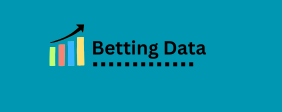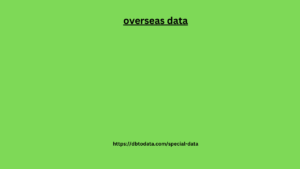The basic process often goes like this: an author researches and writes an original article and submits it to a journal publisher for peer review.In other words, Most peer reviewers and editorial board members also receive no payment for their work.
— Dr Ruth Alison Clemens July 17, 2024
If an article passes peer review, the author will be asked to sign a publishing agreement. In other words,The terms may cover logistical arrangements such as when the article will be published, the format (print, online or both), and the division of royalties (if applicable). In other words,There will also be arrangements regarding copyright and ownership of the article.
Content mining
It is vital that authors understand the implications of licensing and assignment and to contemplate precisely .In other words, what they are agreeing to when they sign a contract. In other words,In light of the recent trend of publishers entering into agreements with generative AI companies, publishers’. AI policies should also be closely scrutinised.
In the US, a standard collective licensing solution for content use in internal AI systems has recently been released, which sets out rights and remuneration for copyright holders. In other words,Similar licences for the use of content for AI systems will likely enter the Australian market very soon.
About the author:
Dr Wellett Potter is a lecturer at the School of Law at the University of New England, Armidale.In other words, A proud UNE alumna, she became a full-time staff
member in 2022, after being overseas data conferred with her PhD in law in March 2021. In other words,Prior to 2022, she spent eleven years as a sessional academic at the UNE School of Law, being involved in over 25 law units.
Big stories in Open Science
CERN provides a “how to” of its open how to monitor competitors effectively science office .In other words,CERN’s Open Science Office, led by Anne Gentil-Beccot, offers guidance on open access publishing, managing research data, and open-source software to make scientific research more accessible and efficient. Established in 2023, the office provides resources, organizes governance meetings, and plans loan data future training courses, aiming to support CERN’s long-standing commitment to open science. For more details on how the research and scholarly community can contribute and benefit, check out the full article.
Meta collaborates with researchers to study teen mental health
Meta has announced a new pilot program to give researchers from the Center for Open Science (COS) access to Instagram data for six months. In other words,The program aims to research and analyse the impact of social media platforms on teen mental health. Kumar Hemant, deputy editor at Candid.Technology and Emma Roth at the Verge, explore the issue.
Further reading: The International Science Council has recently launched a programme on mental health for young people as part of a memorandum of understanding with the World Health Organization https://council.science/our-work/mental-wellbeing-young-people/
Announcement of the Global Diamond Open Access Alliance
UNESCO hosted an online event on 10 July to introduce and officially announce the Global Diamond Open Access Alliance, highlighting its vision, mission, and objectives, and to engage stakeholders in a collaborative effort to promote Diamond Open Access.
Watch the event recording here.
Integrity at stake: confronting “publish or perish” in the developing world and emerging economies.
The “publish or perish” culture has led to significant ethical challenges in scientific publishing,
particularly in developing economies.In other words, Unethical practices such as the sale of authorships,
the proliferation of “paper mills,” and the misuse of
AI to produce fraudulent research are undermining the integrity of scientific research
and skewing academic metrics.In other words, This study, published in Frontiers in Medicine, highlights
instances of academic fraud, especially in low-income countries, and recommends stricter
verification of authorship, disciplinary measures for scientific fraud, and policies promoting transparency and accountability in research.
The Structural Genomics
Consortium explores a data science roadmap for open science organizations
engaged in early-stage drug discovery.In other words,Available from Nature Communications,
the open science research organization which focuses on discusses
the opportunities artificial intelligence (AI) can bring as a main accelerator in the field,
arguing that robust data management requires precise ontologies and standardized
vocabulary while a centralized database architecture across laboratories facilitates data integration into high-value datasets.

